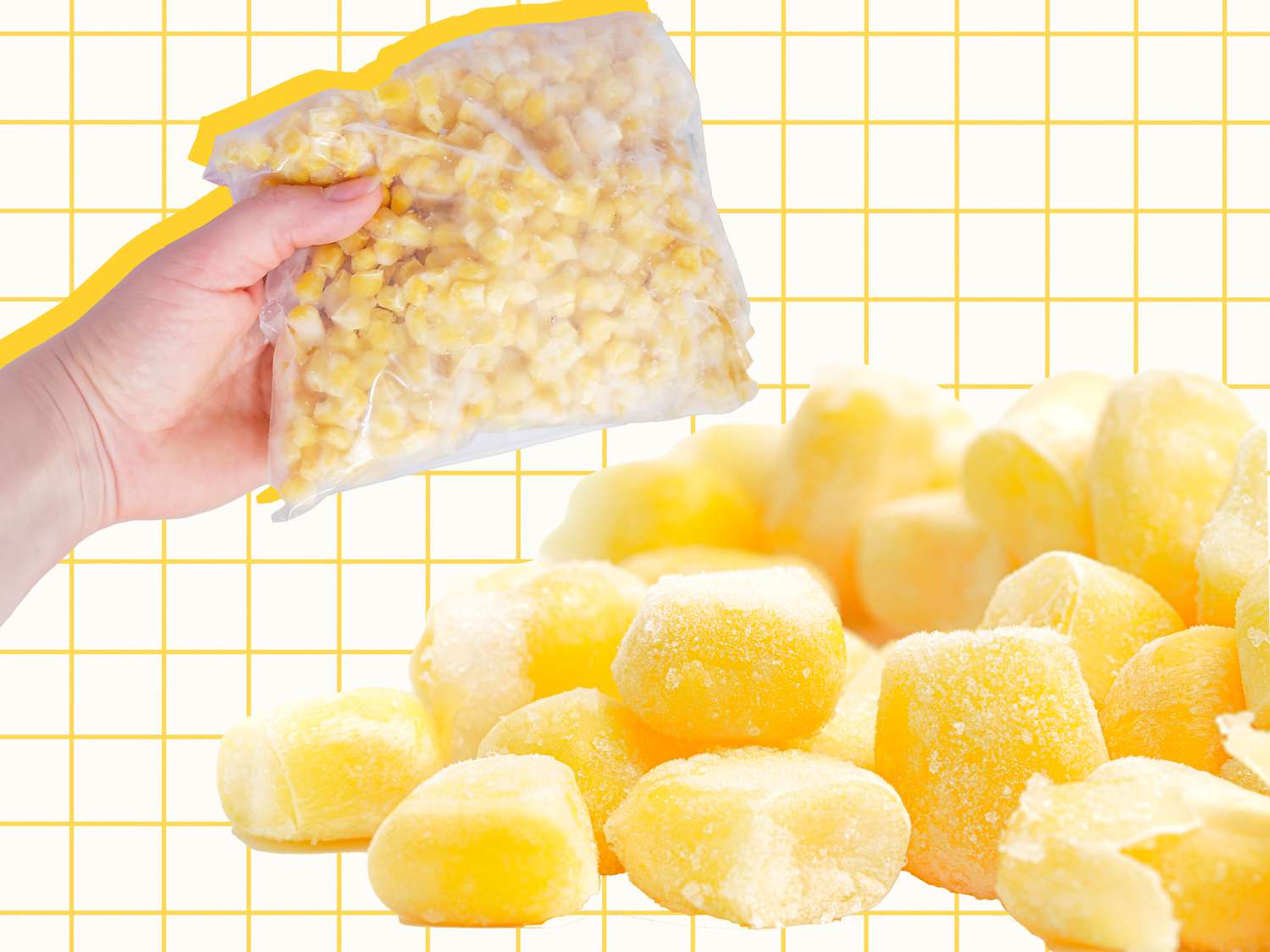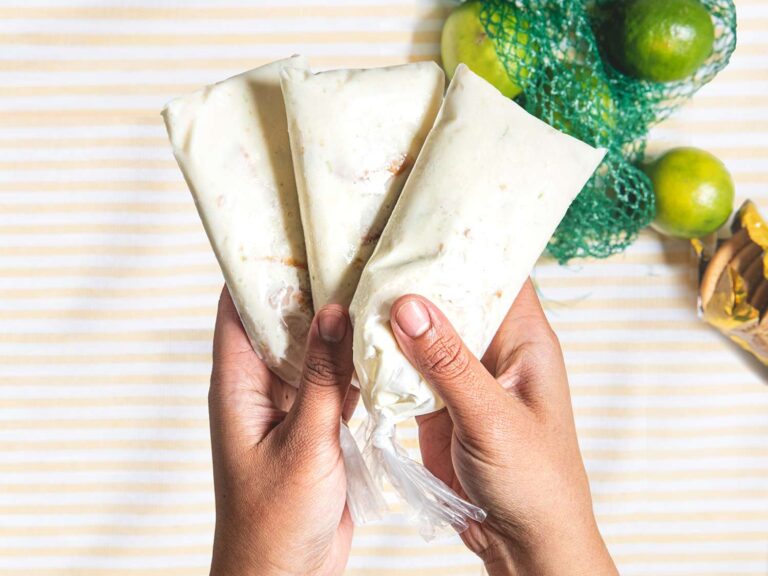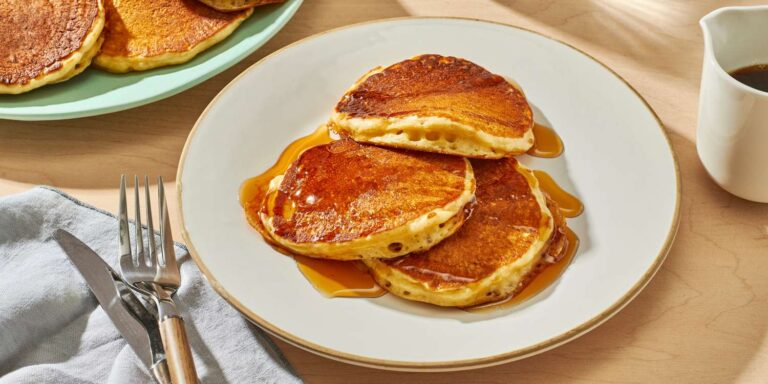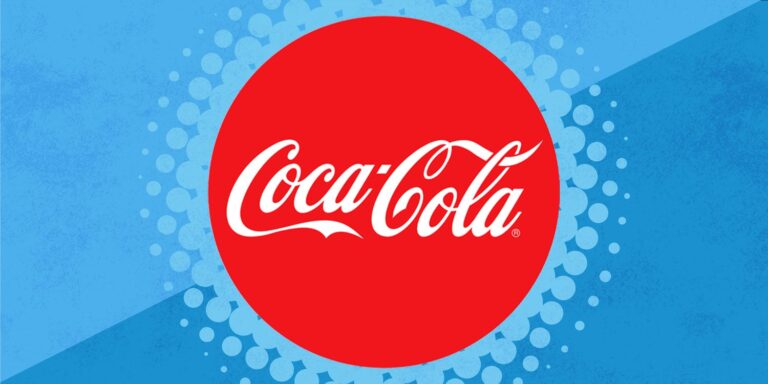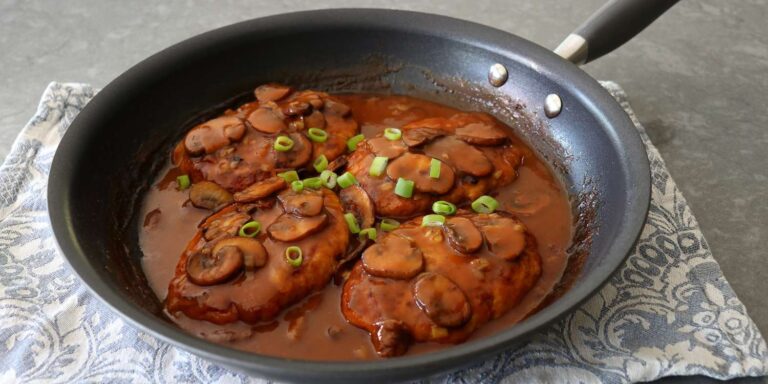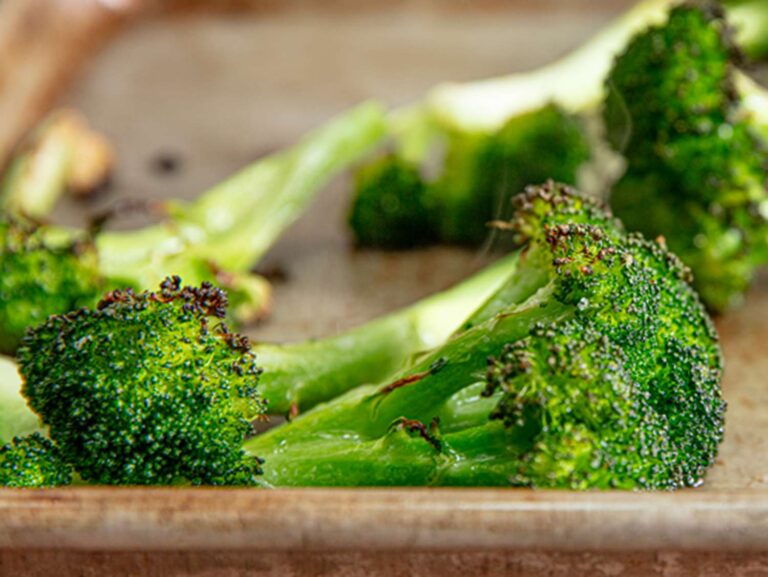It’s still top corn season – here is the more intelligent, easier way to save it
:max_bytes(150000):strip_icc():format(jpeg)/08132024-SEA-FreezingCorn-GettyImages-288b604d201d493986e6a5f053c42806.jpg)
Freeze corn in the high season to lock up its sweetness. Cut the grains from the COB, freeze them flat and you have tender, tasteful corn ready all year round.
This website is not known for your brevity – if we deal with a culinary question, we go deep, methodological and explain our results. This article can be a welcome change in the pace, since you can only say so much about freezing corn. It’s very simple and easy.
So here is what you need to know to keep these summer sweetness for weeks or months after the last cob has appeared on the farm stand.
Why and when to freeze corn
Why freeze corn? Of course to preserve. But there is more urgency. The natural sugar in sugar corn quickly convert into more complex strengths. So if you have more corn than you can eat reasonably in a day or two, or if you only want to get as much of it as possible to enjoy other seasons, freezing is your best option.
Serious Essen / Daniel Gritzer
Freezing all ears vs. cores
Most of the time, cut off the grains better before freezing (follow our instructions for How to cut the seeds with minimal mess). Firstly, this saves space because you can remove the cobs before freezing and much more corn saved than if you frozen the ears completely. Second, in most cases frozen corn is best used in dishes that only need the kernels – while you can eat a fired and warmed up ear from corn, it is not as pleasant as a fresh food. However, the kernel work excellently in all possible dishes, from casseroles to salads, soups, stews, baked goods and much more.
Another advantage of freezing only the kernels: Because they are smaller, freeze faster. This is a good thing, because the faster you freeze, the smaller the ice crystals that form in it, which leads to a better preservation of the texture (larger ice crystals cause more cell damage, which leads to softer and muscle results).
Should you blanch first or not?
It often makes sense to blanch vegetables before it grabs for a long, deep freezing – inactivates enzymes that can lead to a loss of quality over time. I ran next to each other with fresh summer corn to see if I could see a difference between blanched and raw frozen corn by frozen samples of both and then deaf and tried a few weeks later.
* I should make it clear that I didn’t technically bland my corn, which would mean cooking it, but instead used instead My cold start, no-boiling technique For more precise temperature control and better results.
I will be honest: I couldn’t tell her apart. The raw corn tasted as cute and tender as the parking boiler. This is partly due to the ice crystals that form during freezing – even if they are smaller, thanks to the quick freezing of the corner, they still cause the corn a few cell damage and softening a cooked texture. This is actually a practical technique that is sometimes called “Cryo blanching“In which fresh products gets a texture of the same way, without sacrificing anything of its freshness.
Serious Essen / Daniel Gritzer
Should you parry the corn? I have no conclusive answer, but if my tests showed something, you can probably take a small abbreviation here and skip the kitchen. On the other hand, since the par-chef has in no way violated the corn, one could argue that it is still an insurance policy against a loss of quality due to enzymes or other changes that take place over time in uncooked corn.
In short, “Blanch” the corn (with my no-boiling method linked above) when you have the time, but know that you are probably doing well if you freeze the corn from RAW.
Tips to ensure the quality of your frozen corn
Here are some things you should try to make sure you stay great over time.
- Freeze it flat: In order to accelerate the freezing time of the corn and tense its quality as soon as possible, distribute the kernels on surrounded aluminum bakers and freeze them. Then transfer the corn to the zipper bag or vacuum bag to maintain long -term storage.
- Pack it flat: Try to pack the corn flat in the freezer bags and squeeze out as much air as possible in order to make the most efficient storage and fastest reduction times possible. Kenji has WroteAnd the council is just as good today as it was then.
- Double bag for security: While it uses more plastic, double baking the frozen corn keeps the freezer away. Make sure you remove as much air as possible from the bags.
- Label clear: Write the date on the corn before put it in the freezer so you know how old it is. It is also helpful to absorb other information, including weights and volumes of the corn in every bag. In this way you can find out how much corn you need to lift a recipe.
- Rapid to aluminum baking sheets: Aluminum baking trays not only help you to freeze the corn, but also quickly helps to disappoint it quickly thanks to the great thermal conduction qualities of the metal. When you frighten the corn in a thin, flat layer, it exchanges in a very short time while sitting on an aluminum baking sheet at room temperature. Then use the corn soon to make sure that its quality remains high.

